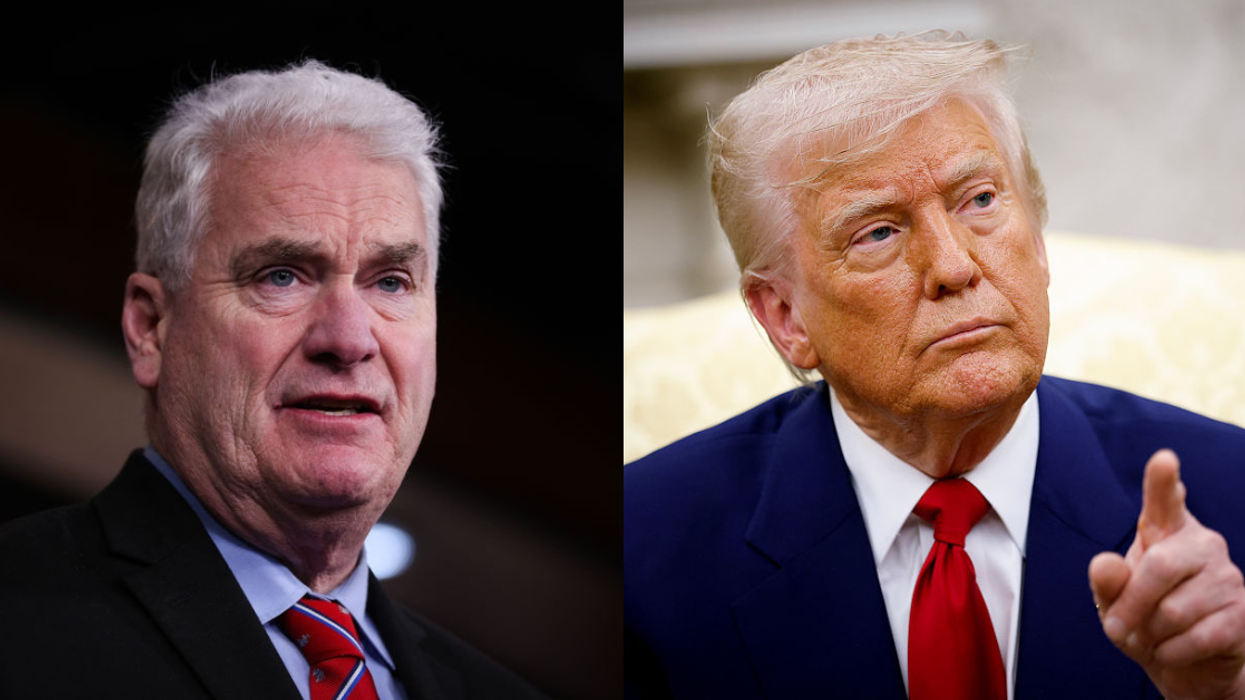In November of 2016, Democrats and many Republicans were largely certain that Democratic nominee and former Secretary of State Hillary Clinton would beat Donald Trump in the race for the White House.
Trump's campaign had been plagued by scandals and irresponsible rhetoric. Just weeks before the election, a tape of him bragging about committing sexual assault went viral. It appeared his campaign was done.
Few Americans will forget the night of November 8, 2016—election night in America. Though Clinton would win the popular vote by the largest margin of any electoral college loser in American history, it was Trump who ultimately ascended to the White House.
Fast forward to 2020 and the United States is nearly 100 days out from the next presidential election. Democratic nominee and former Vice President is leading Trump by double digits in multiple national polls and holds a commanding lead in a variety of swing states. Trump's approval rating, especially in regards to his handling of the pandemic and his response to protests against racism, has plummeted.
Four months is a decade in the life span of a Presidential campaign, but as of now, many would say Biden has it in the bag.
Senator Mitt Romney (R-UT), who voted to convict Trump in the impeachment trials earlier this year, is not one of those people.
In an interview with HuffPost, Romney expressed belief that Trump will be reelected this November, saying:
"There are enormous advantages to being the incumbent, number one. Number two, I think [Trump] will tack more towards the middle in his communication than he has so far. And number three, I think the voters that are most animated in opposition to the president tend not to come out to vote ― and that's young people and the minorities. They're active in polls, but not necessarily active at actually getting out to the polls."
Romney is correct in there being advantages for the incumbent. The last one-term President seen by the United States was George H.W. Bush, who left office in 1993—nearly 30 years ago. Both one-term Presidents in modern American history since World War II—Bush and Jimmy Carter—saw similar approval ratings as Trump sees now before they were denied their second terms.
As for Romney's second point, certain media outlets have commented on a change of "tone" in Trump since the recent demotion of his former campaign manager, Brad Parscale. Most, however, think this is only temporary—as it has been in the past—and that Trump's ego and spontaneity will soon take over.
It remains to be seen whether or not Romney's third point about young people being less eager to vote will hold true in 2020. Romney lost his own presidential bid in 2012 due to an unexpectedly high youth turnout for former President Barack Obama.
It's possible that the viral moments created by the Trump presidency and the opposition to it—especially on social media platforms like TikTok and Twitter—could prove to form a more engaged and resolute young voter bloc.
But after 2016, no one is complacent, and few are ruling out the possibility of Romney's prediction becoming history.
Others think that the strong reactions in opposition of Trump's antics over the past four years could translate to a strong turnout of anti-Trump voters.
In November, we will know for sure if Romney was right.














 rPolitics/Reddit
rPolitics/Reddit @leftynavyseal/Bluesky
@leftynavyseal/Bluesky rPolitics/Reddit
rPolitics/Reddit @skippyoz/Bluesky
@skippyoz/Bluesky rPolitics/Reddit
rPolitics/Reddit rPolitics/Reddit
rPolitics/Reddit rPolitics/Reddit
rPolitics/Reddit
 jordi baste robot GIF by No pot ser! TV3
jordi baste robot GIF by No pot ser! TV3 sing schitts creek GIF by CBC
sing schitts creek GIF by CBC Well Done Ok GIF by funk
Well Done Ok GIF by funk Two Face Ernst GIF by ZWEIMANN
Two Face Ernst GIF by ZWEIMANN
